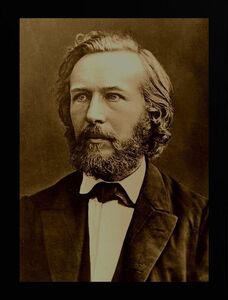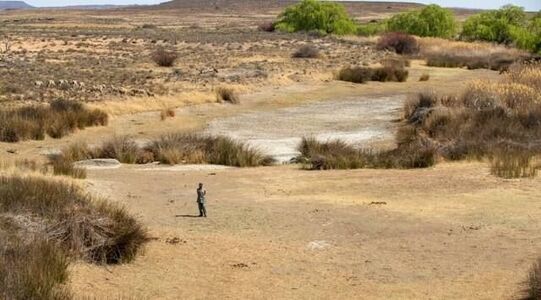Evolutionary biologist Ernst Haeckel became the first person to define the term ecology in his work published in 1866, entitled 'General Morphology of Organisms'. Science historians and biologists have now worked out just how close his original classification is to our modern understanding of ecology. Ecology is the study of organisms and how they interact with the environment around them. An ecologist studies the relationship between living things and their habitats. Ernst Haeckel was concerned that the Climate Change will affect human beings to such an extent to impact their minds.
Ernst Haeckel, in full Ernst Heinrich Philipp August Haeckel, was born in Potsdam, Prussia Germany on 16th. Feb. 1834 and died 9th. August, 1919 in Jena, Germany. He was a zoologist and evolutionist who was a strong proponent of Darwinism and who proposed new notions of the evolutionary descent of human beings. He declared that ontogeny , the embryology and development of the individual) briefly, and sometimes necessarily incompletely, recapitulated, or repeated, phylogeny, the developmental history of the species or race.
Haeckel saw evolution as the basis for a unified explanation of all nature and the rationale of a philosophical approach that denied final causes and the teleology of the church. His Generelle Morphologie der Organismen 1866; “General Morphology of Organisms”, presented many of his evolutionary ideas, but the scientific community was little interested. He set forth his ideas in popular writings, all of which were widely read though they were deplored by many of Haeckel’s scientific colleagues.



